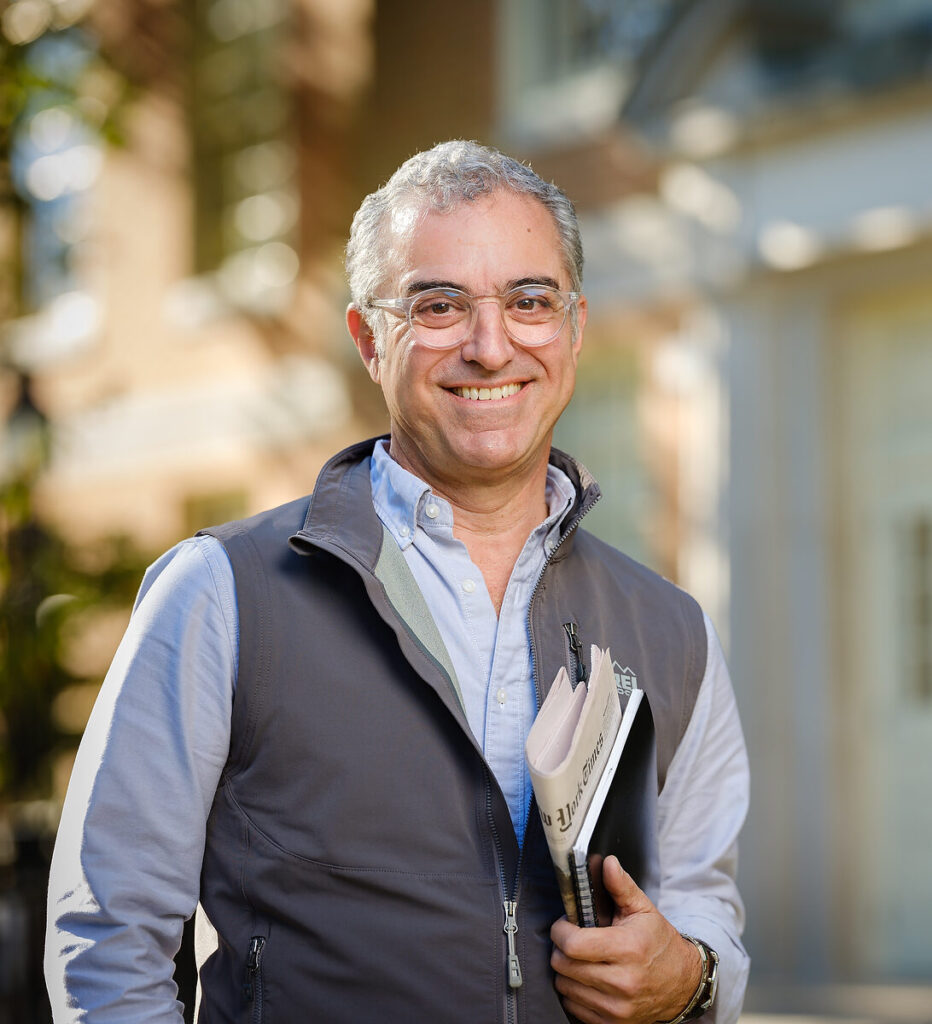
Justin Catanoso
Professor of the Practice, Journalism
Show Bio
Justin Catanoso is professor of journalism and freelance correspondent covering climate change and climate policy for Mongabay since 2015. He has reported environmental stories from Europe, Africa, Latin America, the US and Canada. He has worked as a communications consultant to CINCIA in the Peruvian Amazon since its founding, and co-teaches a summer study abroad program in Peru in tropical ecology and science writing with Miles Silman.
Dedee DeLongpré Johnston
Chief Sustainability Officer
Show Bio
Dedee DeLongpré Johnston is the Chief Sustainability Officer at Wake Forest University. She has a bachelor’s degree in business administration from the University of Southern California with a concentration in entrepreneurial studies and a master’s of business administration with an emphasis in sustainable management from the Presidio Graduate School in San Francisco. She has over 20 years of experience in nonprofit management, primarily in the areas of education, sustainability, and the environment. Her past appointments include director of the University of Florida’s Office of Sustainability, where she was awarded the President’s Medallion, executive director of the non-profit organization Sustainable Alachua County, and US program director for Fauna and Flora International. DeLongpré Johnston served on the founding board of the Association for the Advancement of Sustainability in Higher Education and now serves on the association’s advisory and editorial boards. She also currently serves on the board of directors for the Piedmont Environmental Alliance.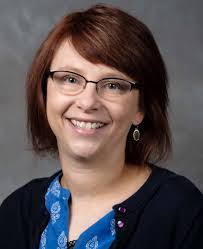
Debbie French
Assistant Professor of Science Education and Director of Secondary Education
Show Bio
Dr. Debbie French is an Assistant Professor of Science Education and Director of Secondary Education at Wake Forest University. She is a former high school physics, physical science, and engineering teacher. She teaches secondary and elementary science education methods, an instructional design, assessment, and pedagogy course, as well as action research courses. Dr. French’s research interests include, physics and astronomy education research, climate change education, preservice and inservice science teacher preparation and professional development, and exploring best practices for incorporating authentic scientific inquiry in secondary science classrooms. She is a former chair of the Physics Teacher Preparation Committee for the American Association of Physics Teachers. From 2010-2022, Dr. French served as the co-PI on a National Science Foundation Grant entitled, “The STEM Guitar Project.” This grant provided funding to teach K-16 teachers how to build electric and acoustic guitars and how to use the guitar as an engaging vehicle to teach science, technology, engineering, and math (STEM). Dr. French also serves on the Editorial Review Board for CITE-Science and ASTE Innovations.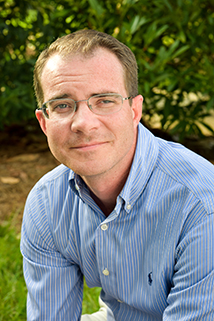
Michael Gross
Professor of Engineering
Show Bio
Dr. Gross is a Professor of Engineering at Wake Forest where he leads the Gross Lab. The Gross Lab studies the processing of solid state materials, particularly mixed metal oxides, for electrochemical energy conversion applications. The various facets of this research include synthesis, structural characterization, and thermochemical characterization. The Gross lab also develops multifunctional ceramic composites for solid oxide fuel cell electrodes, fabricating and testing the electrochemical performance of prototype devices. Finally, Gross studies activity-level, or situational, student motivation in STEM courses with the goal of directly applying motivation theory and empirical research findings to practical course design. Dr. Gross is the recipient of the 2015 Wake Forest University Teaching in Innovation Award.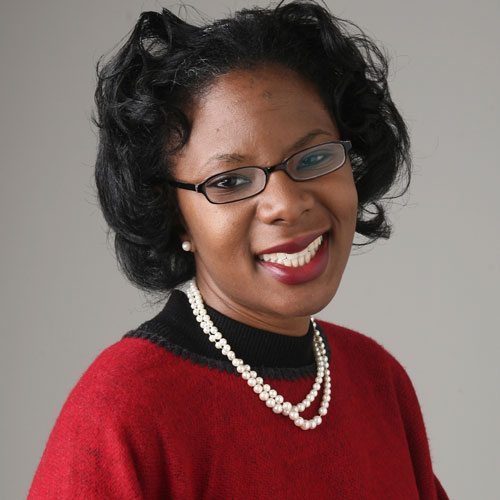
Melanie Harris
Professor of Black Feminist Thought and Womanist Theology; Director of the Food, Health and Ecological Well-Being Program
Show Bio
Dr. Melanie L. Harris is Professor of Black Feminist Thought and Womanist Theology jointly appointed with Wake Forest School of Divinity and the African American Studies program at Wake Forest University. Dr. Harris is also the Director of the Food, Health and Ecological Well-Being Program. A graduate of the Harvard Leadership Program, Dr. Harris is a former American Council of Education Fellow and Founding Director of the TCU African American and Africana Studies program. Her research and scholarship critically examines intersections between race, religion, gender and environmental ethics. She is the author of many scholarly articles and books including “Gifts of Virtue: Alice Walker and Womanist Ethics” (Palgrave), “Ecowomanism: Earth Honoring Faiths” (Orbis) and co-editor of “Faith, Feminism, and Scholarship: The Next Generation” (Palgrave) as well as numerous journal articles and book chapters. Dr. Harris comes to Wake Forest from Texas Christian University where she served as Associate Dean of Diversity, Equity and Inclusion as well as a Professor of Religion and Ethics. A former broadcast journalist, Dr. Harris has worked as a news producer for ABC, CBS, and NBC affiliates. A community leader whose passion for education is linked to a commitment to social justice, she has also served as an educational consultant with the Ford Foundation, the Forum for Theological Exploration, and the Wabash Center for Teaching and Learning in Theology and Religion, Lilly Endowment Inc. She has served on the executive board of the Society for the Study of Black Religion and the Board of Directors of KERA-TV/Radio, the American Academy of Religion and the Society of Christian Ethics. Dr. Harris has been awarded several prestigious awards and academic fellowships including the AddRan Administration Fellowship and GreenFaith Fellowship. Dr. Harris earned her PhD and M.A. degrees from Union Theological Seminary in The City of New York, an M. Div. from Iliff School of Theology and a B.A. from Spelman College.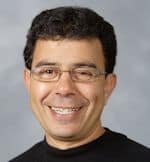
Abdessadek Lachgar
Professor of Chemistry and the Bell Faculty Fellow
Show Bio
Dr. Lachgar a Professor of Chemistry and the Bell Faculty Fellow. His teaching expertise is in the general area of inorganic materials chemistry and nanomaterials. His research projects focus on the development and characterization of materials for potential applications in the field of energy storage and environmental remediation. Three main projects are underway in his laboratory, the first focus on the use of the molecular building block approach to the design and preparation of novel cluster based hybrid inorganic-organic materials for hydrogen storage and CO2 sequestration, the second is the synthesis and structural characterization of materials for use as high capacity cathodes in rechargeable lithium ion batteries, and the third project has the objective of developing solid acid base catalysts for the production of biodiesel from inexpensive feedstock such as brown and black grease. Lachgar has authored over 90 papers and has received over $2,000,000 in grants since he joined the university in August 1991.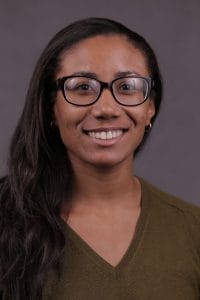
Lauren Lowman
Associate Professor of Engineering
Show Bio
The Lowman lab studies how spatial and temporal changes in water availability impact overall ecosystem health, productivity and sustainability. Lowman and Barros (2018, Ecological Modelling) – A prognostic phenology model is coupled to a land-surface hydrology model to determine how periods of intermittent drought affect canopy development during the growing season and impact carbon and water fluxes between vegetation and the atmosphere. Lowman et al. (2018, Remote Sensing) – The role of wetlands as a water store that boosts productivity during the dry season in the Upper Zambezi River Basin in Southern Africa is explored.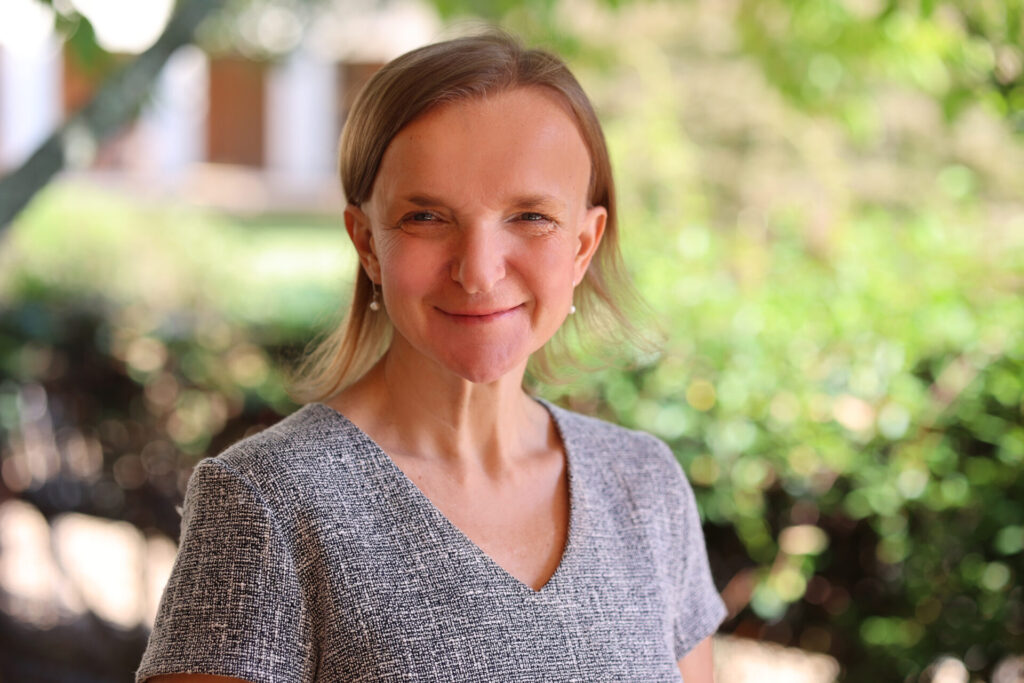
Sarah J. Morath
Professor, Law
Show Bio
Sarah J. Morath is a lawyer, a writer, an educator, and a scientist. Her interdisciplinary scholarship on food and the environment has appeared in a variety of publications and is widely read and cited. She is the editor of From Farm to Fork: Perspectives on Growing Sustainable Food Systems in the Twenty-First Century (University of Akron Press, 2016) and the author of Our Plastic Problem and How to Solve It (Cambridge University Press, 2022). She teaches legal writing to JD and international students Wake Forest University School of Law.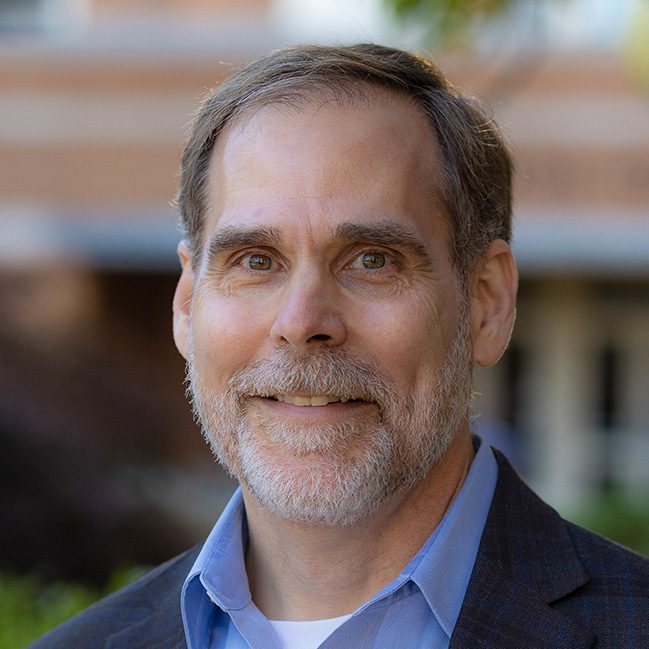
Scott Schang
Interim Executive Director
Professor of Practice, Director of Environmental Law and Policy Clinic
Environmental Law & Policy
Show Bio
Scott Schang currently serves as Interim Executive Director of the Sabin Center. Schang is an expert on environmental law and governance. He is a Professor of Practice at Wake Forest where he directs the School’s Environmental Law and Policy Clinic. He is also senior advisor on corporate engagement at Landesa, an international land rights NGO, where he advises on Landesa’s work on responsible investment in land. He has extensive experience working with corporations, multilateral investment banks, international development agencies, international and local civil society partners, and community members in designing and implementing socially responsible practices and in designing and assessing the efficacy of environmental legal systems. He is past Acting President and Executive Vice President at the Environmental Law Institute, former Editor of the Environmental Law Reporter, and was in private practice with Cleary, Gottlieb, and Latham & Watkins.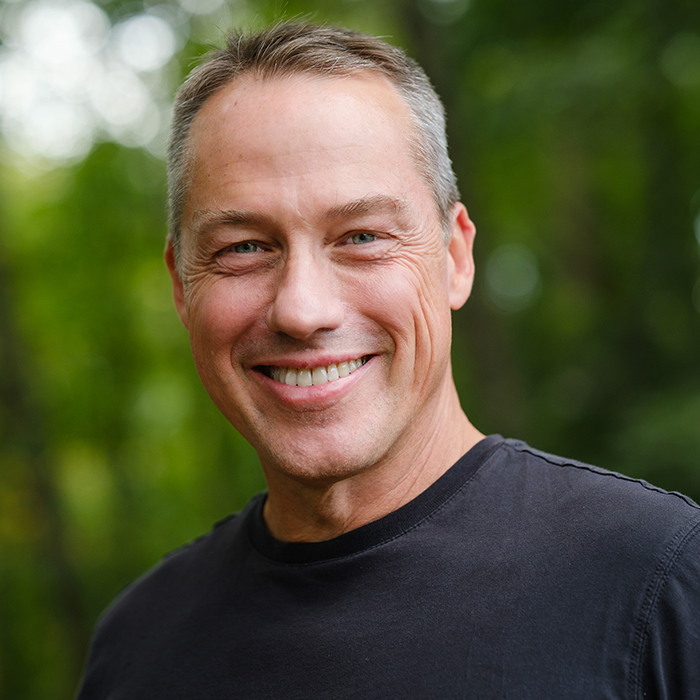
Miles R. Silman
Founding Director
Andrew Sabin Presidential Chair in Conservation Biology
Ecosystem Science and Management
Show Bio
Dr. Miles Silman is the Founding Director of the Andrew Sabin Family Center for Environment and Sustainability at Wake Forest University, where he is also the Andrew Sabin Family Foundation Presidential Chair in Conservation Biology at Wake Forest University and Board President of the Centro de Innovación Científica Amazónica (CINCIA—the Center for Amazonian Scientific Innovation). He has spent over three decades working in the wilds of the Amazon Basin and Andes to understand the diversity of the natural world, how it works and came to be, and how to conserve it. His current work looks at the relationship between humans and the natural world, conserving large areas of managed and wild land and ocean so humans and nature can thrive. Dr. Silman’s conservation projects include work on tropical agriculture, soil remediation and reforestation after illegal and artisanal scale mining, monitoring and assessing deforestation, wildlife population biology and the mitigation of wildlife-human conflict, and the generation and application of conservation technology. A major effort has been to put what has been learned about Andean and Amazonian forests to use in private- and public-sector restoration and ecosystem service projects that change land use by generating revenue for conservation while creating economic and social value for people living in the region. Dr. Silman is the co-founder of the Andes Biodiversity and Ecosystem Research Group (ABERG), PI and Board President of the Centro de Innovación Científica Amazónica (CINCIA—the Center for Amazonian Scientific Innovation) and co-designer of the Wake Forest Master of Arts in Sustainability Graduate Program and the Wake Forest Environment and Sustainability Major. Dr. Silman holds a B.S. in Biology from the University of Missouri (1989) and a Ph.D. in Zoology from Duke University (1996).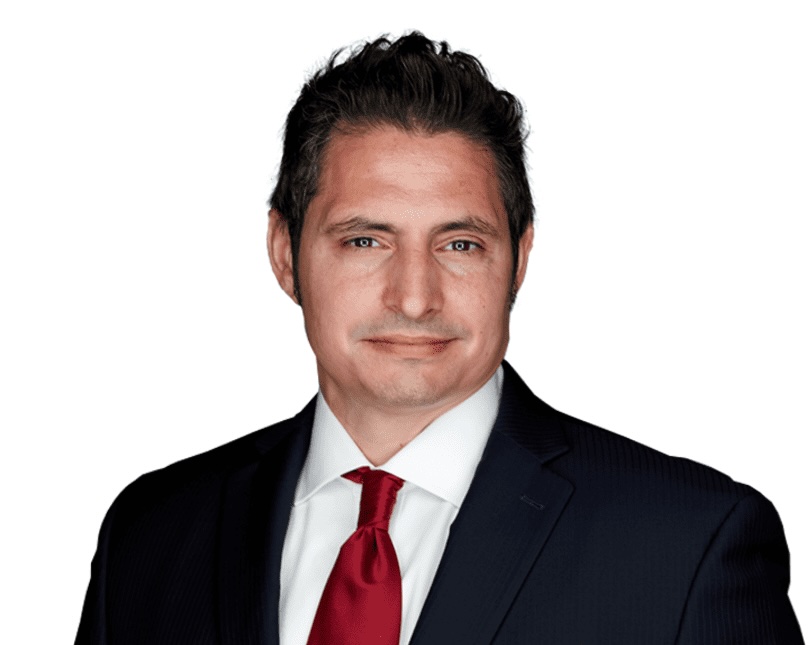
Stephen J. Smulowitz
Assistant Professor of Strategic Management, Wake Business
McNicholas-Lightcap Faculty Fellow
Environmental Economics & Enterprise Impact
Show Bio
Stephen J. Smulowitz is an Assistant Professor of Strategic Management at the Wake Forest School of Business, where he applies a case-based approach that encourages critical thinking and practical application. His teaching integrates real-world challenges and emerging technologies, including artificial intelligence, to equip students with relevant skills for today’s evolving business environment. Steve has also developed original case studies, including one centered on sustainability in the tobacco industry, highlighting his commitment to blending academic insights with industry relevance. Steve’s research explores the intersection of strategy, corporate governance and sustainability, focusing on the role of governance structures in shaping business outcomes.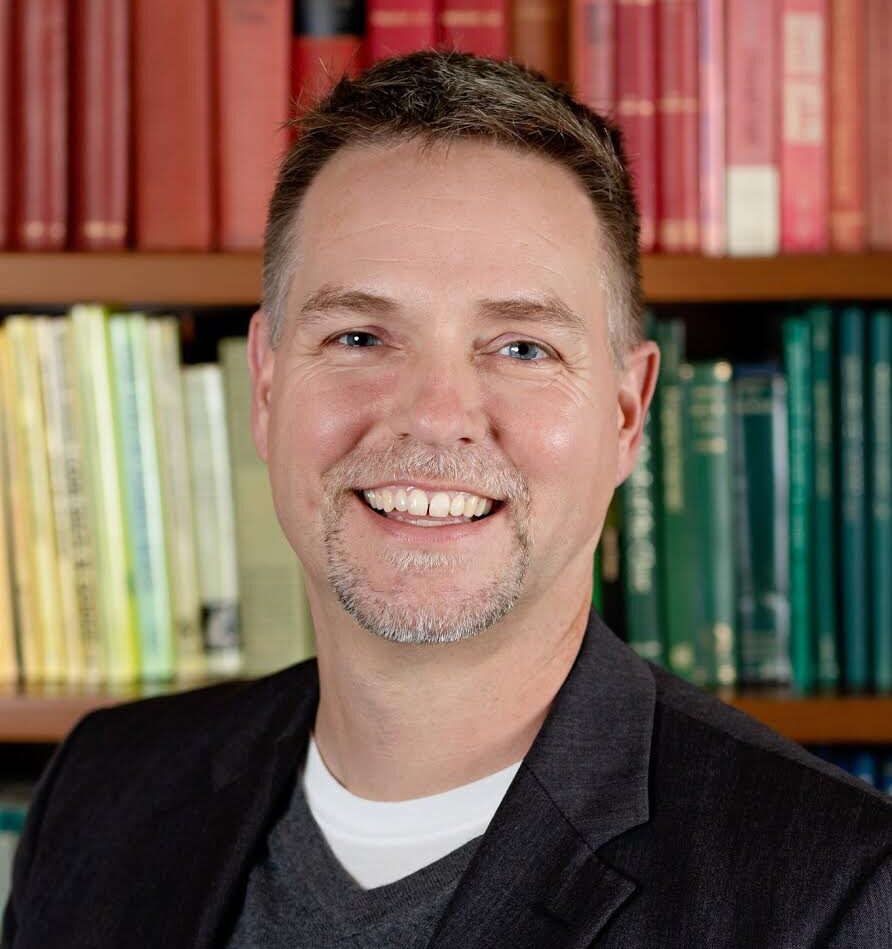
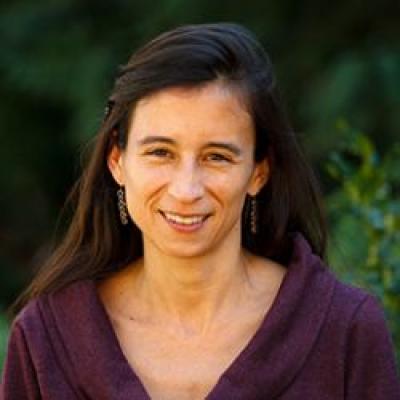
Julie Velásquez Runk
Director, Professor & Weigl Fellow of Environment and Sustainability Studies
Show Bio
Dr. Velásquez Runk leads the Environment and Sustainability Studies (ENV) Program). Velásquez Runk’s research examines the relationships between humans and the environment. She has three main focal areas: sustaining forests and nurturing human well being in mosaic landscapes; strengthening cultural and environmental rights and sovereignty; and incorporating multiple voices in holistic science and the humanities. Her scholarship takes a highly interdisciplinary approach to environmental studies, drawing from ecology, anthropology, Indigenous studies, public health, history, and geography. Ph.D. Forestry and Environmental Studies, Anthropology, and Economic Botany, Yale University and the New York Botanical Garden; M.E.M. Resource Ecology with graduate certificate in Latin American Studies, Duke University; B.A. Biology with concentration in Latin American Studies, Grinnell College.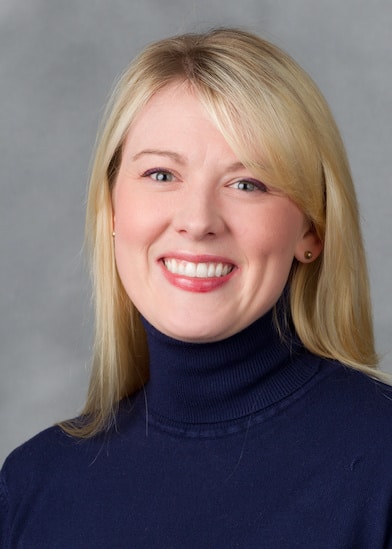
Ashley Wilcox
Director of Sustainability Initiatives, Wake Business

